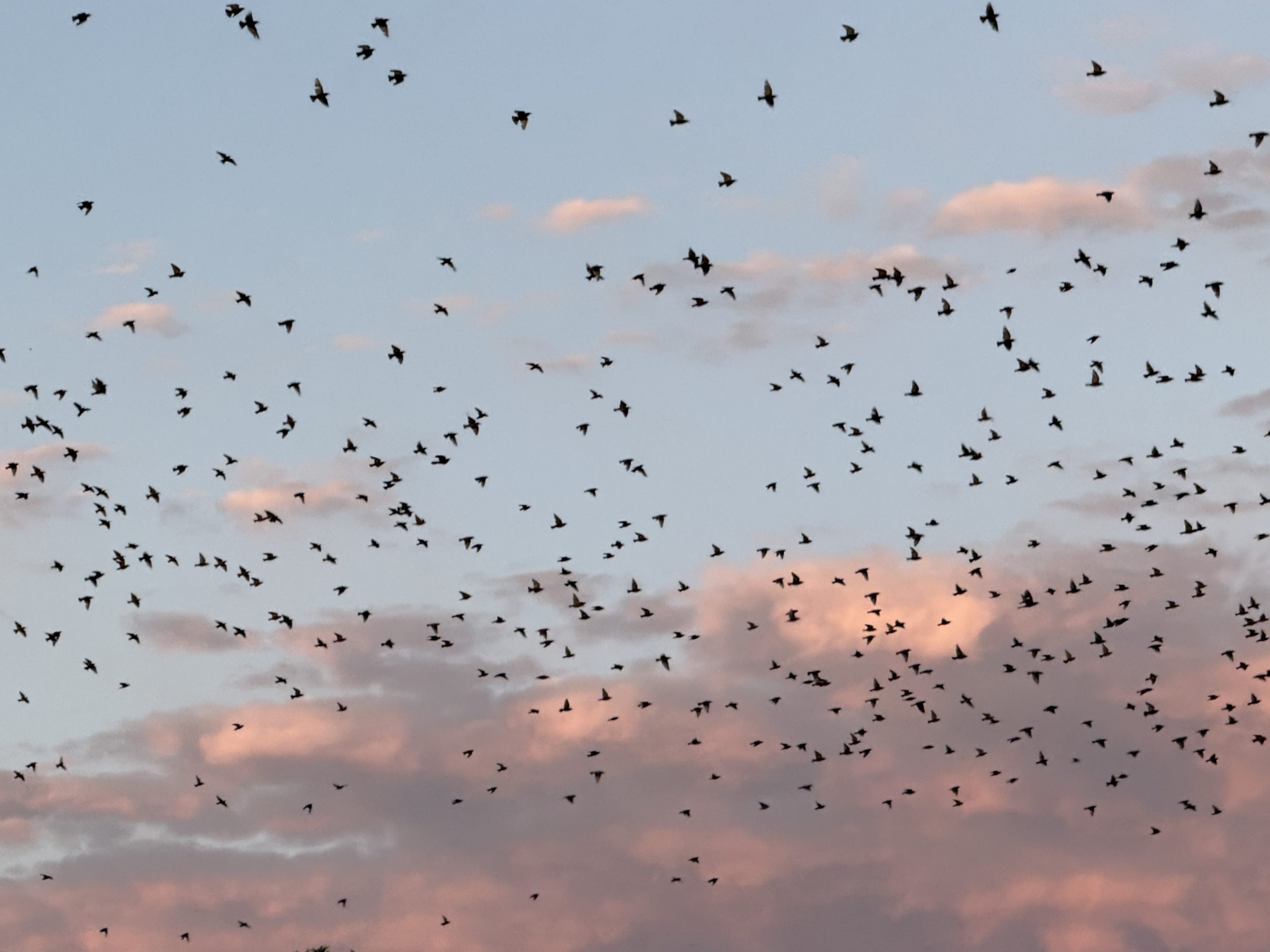Is there such a thing as public bitterness? What do we call resentment aimed at public authorities or leaders? In recent months, I have witnessed a particularly corrosive form of bitterness among those we label “public intellectuals”— scholars, journalists, analysts, activists, and preachers. Their outrage takes many forms, always breathing fire and predicting doom for our planet.
By virtue of my scholarship and position at the university, some might consider me one of them. Am I really? I would like to think I am a public intellectual, but not a bitter one. I see no need to rage against situations I cannot change, nor against challenges I can manage. Am I naïve? Perhaps. But what purpose does bitterness serve? True, indignation can spur change if you are dealing with sensible people. Our leaders, however, rarely win any awards for sensibility. They inhabit insulated enclaves, protected by impunity and privileged arrogance.
I refuse to squander my energy on such bitterness. I have watched colleagues drown in sorrow, preaching to a choir that deliberately turns a deaf ear. These leaders feign solidarity, but they do not listen; they feel no compulsion to do so. Why exhaust oneself preaching to the indifferent? Some Kenyan scholars have become so embittered that their scholarship itself is steeped in resentment. To read their work or hear their words is to walk a path littered with thorns. Such writings do little for a nation already acquainted with suffering; we are weary of voices that perpetually pick at our wounds.
I yearn for intellectuals to devise creative ways to engage the public. What happened to imagination? Did we stop thinking or creating? We have painted our world in stark black and white out of fear of brighter hues.
I dream of a world rich in color, a rainbow world. I want truths that defy binary categories, truths I can challenge, truths that neither win nor lose but emerge communally, co-created by the people. Such truths cannot be forged through bitterness or fury. We need strategies steeped in moral imagination: the capacity to reimagine life, not just as it is lived, but as we desire it to be.
Currently, our public intellectuals have become catalysts for new maladies—diseases that threaten entire populations. They conjure ever more elaborate concepts to articulate reality, even when they fail to grasp it. In a world on the brink of collapse, reality itself becomes the first casualty. We live in prescribed lives, packages handed to us, paths laid out for us, leading only to a scripted existence. Revolutions must begin from here by dismantling life as we know it, questioning our ways of knowing, and inventing new methods to articulate a world yet to exist.
Whenever we write or engage in scholarship, our reference point remains the universe as it has been handed down to us. But what if we refused to create solely for this world? What if we imagined and built worlds that do not yet exist but lie dormant within our collective imagination? Call it discovering the worlds within us. Creative artists, in particular, play a crucial role in helping us uncover these yet-to-exist worlds.
From this moment on, I will no longer write merely for this world. I will create the worlds I desire.

